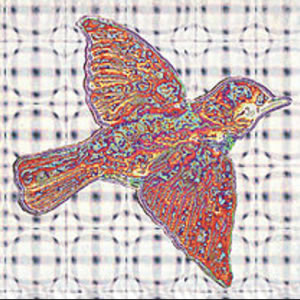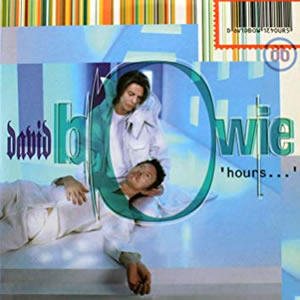‘Til the Medicine Takes by Widespread Panic
Buy ‘Til the Medicine Takes The 1999 release of ‘Til the Medicine Takes was Widespread Panic‘s sixth studio album and it finely displays the musical breadth of this Athens, Georgia based Southern rock/jam […]


